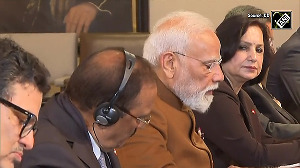Get set to have your mind blown!
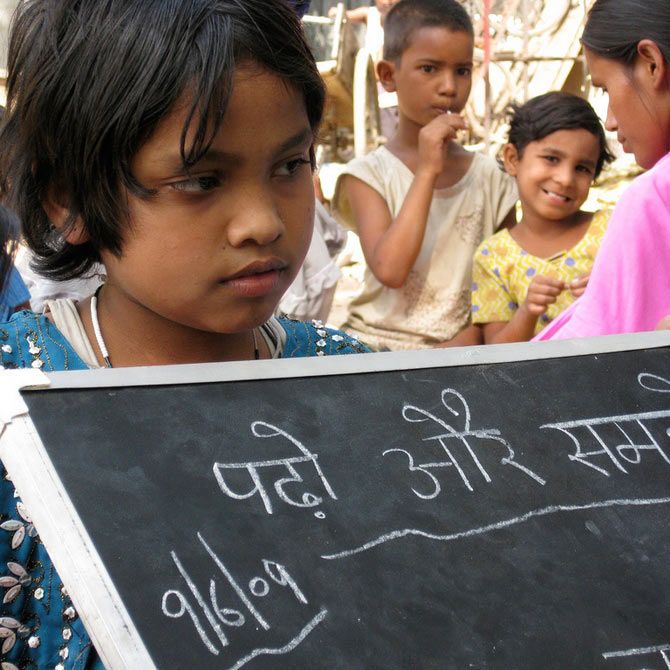
Photograph: The Advocacy Project/Creative Commons
The ninth edition of the Oxford Advanced Learner's Dictionary has included over 240 words from Indian English.
While this is the largest number of Indian words to make it to the dictionary, it is certainly not the first time this has happened.
Over the centuries, several words of Indian origins have sneaked into the English language.
This was, of course, bound to happen.
When you rule a country for those many years, you are bound to pick up some local words, aren't you?
So here we have it then... 10 words in the English language that you probably didn't know have Indian roots.
1. Bungalow

Bungalow derives from the Hindi word bangla, which OED describes as 'a type of cottage built for early European settlers in Bengal'.
Photograph: Mike Prince/Creative Commons
2. Loot
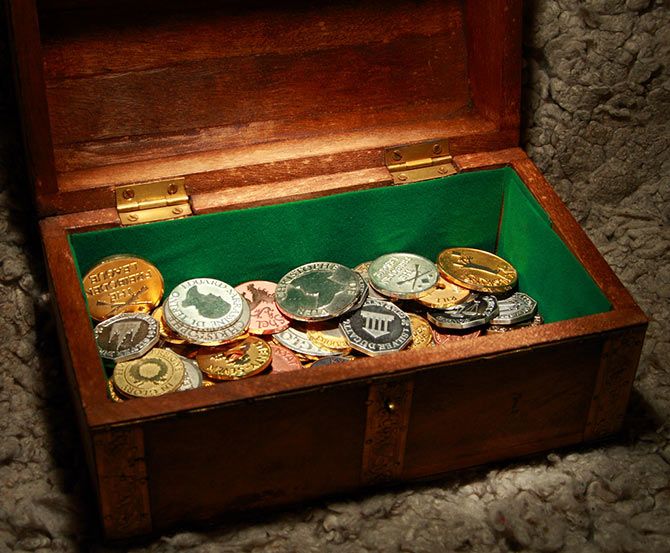
Loot, which as a noun means stolen money or valuables, and as a verb acts as a synonym for steal, comes from the similar-sounding Hindi word loot which, as we know, means 'to rob'! :-)
Photograph: Tom Garnett/Creative Commons
3. Bangle
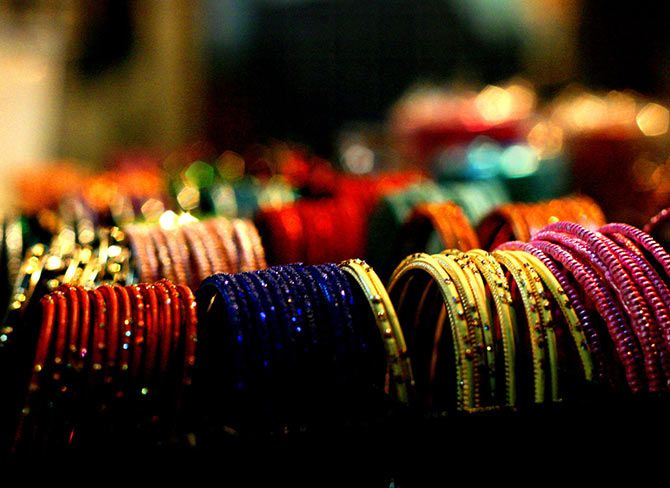
Bangle comes from the Hindi word bangri.
Photograph: James Chen/Creative Commons
4. Avatar
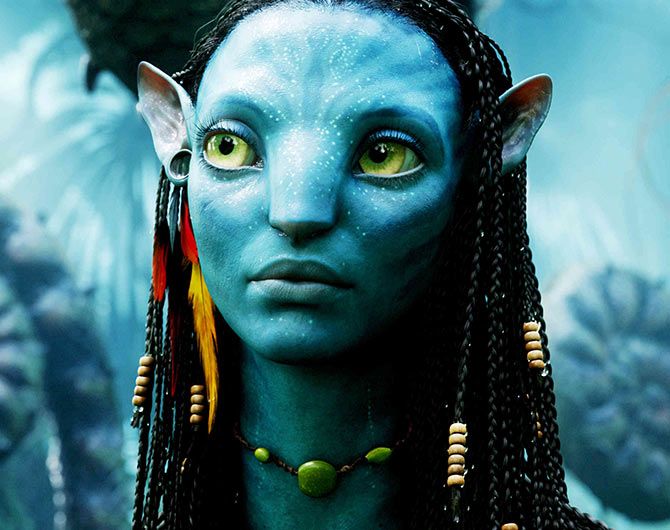
And avatar, which means incarnation (or could refer to an 'icon or a figure representing a particular person in a computer game, Internet forum, etc') owes its roots to the Sanskrit word avatara.
Photograph: Still from the film Avatar
5. Chutney
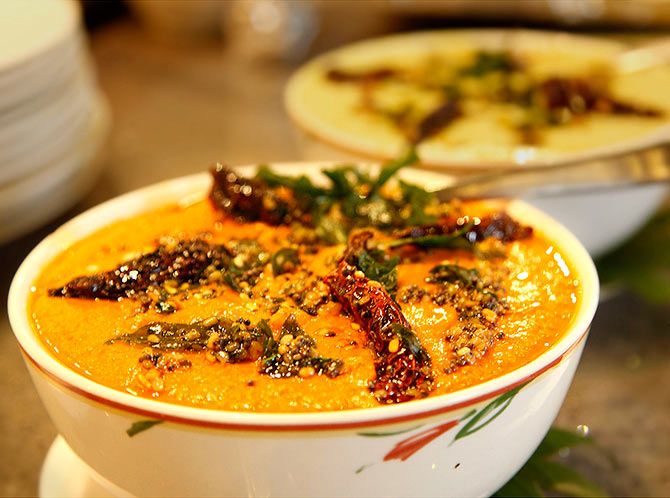
Chutney... well you don't need us to explain that one now, do you?
Photograph: Ramnath Bhat/Creative Commons
6. Juggernaut
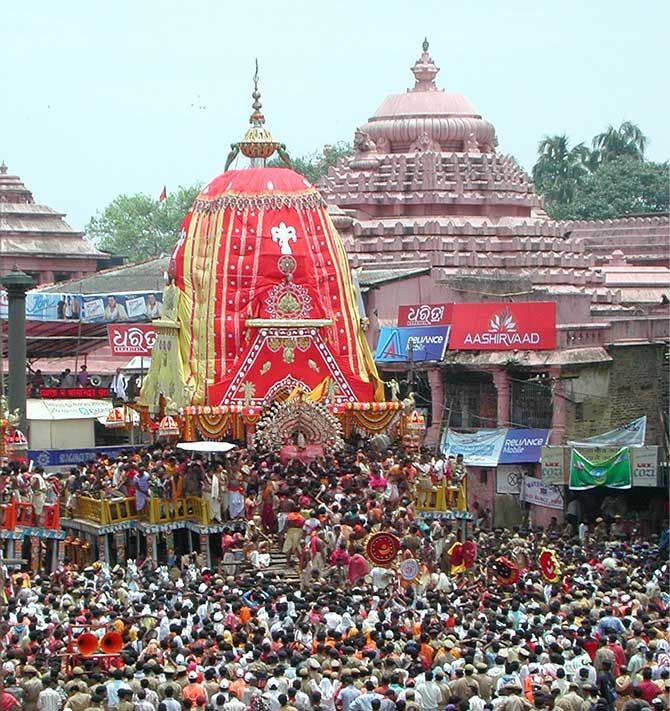
Juggernaut, which in English, is another word for 'a huge, powerful, and overwhelming force' takes its inspiration from Lord Jagannath, an incarnation of Krishna, whose image is paraded through the streets of Puri, Odisha, in a chariot under which devotees threw themselves.
Juggernaut, therefore, can also mean a large, heavy vehicle, like a lorry.
Photograph: GU Tolkiehn/Creative Commons
7. Jungle

Jungle comes from the Hindi word that sounds just as it is written here.
Photograph: Schubat/Creative Commons
8. Punch

The OED website kindly tells us that punch, the drink from juices and/or spirits has been in usage since the mid 17th century. Its roots can be traced back to the Sanskrit panca which literally means 'five or five kinds of' (because the drink had five ingredients).
Photograph: Arun Joseph/Creative Commons
9. Roti
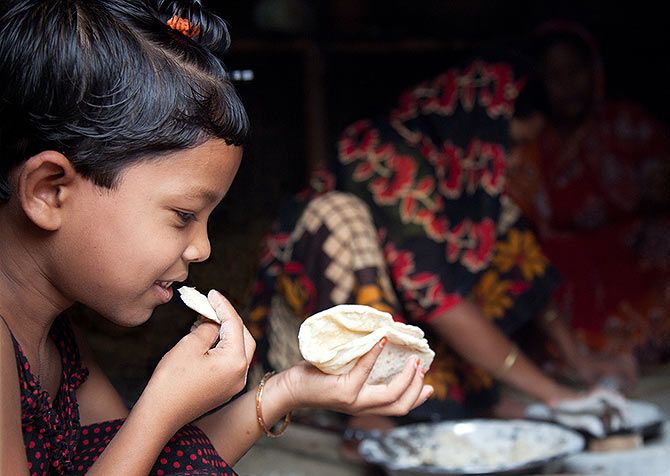
Our very own roti, better known in the English-speaking world as Indian bread, is also part of the Oxford English Dictionary.
Photograph: International Maize and Wheat Improvement Center/Creative Commons
10. Dacoit
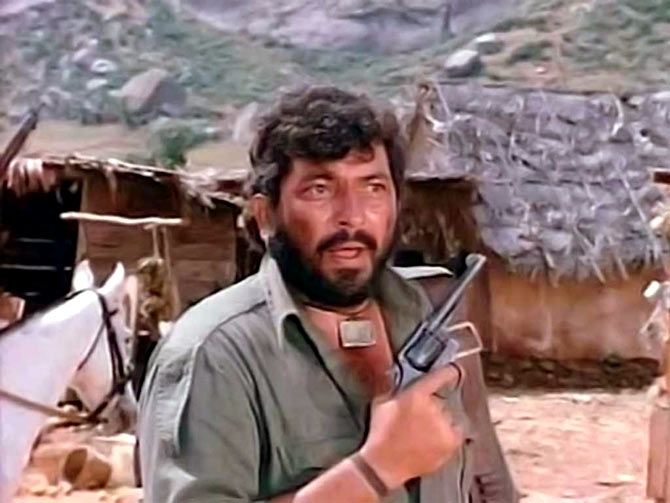
And we wind up with dacoit, who would have for the rest of her/his life been called a bandit if it hadn't been for the Hindi word dakait! :-)
Should it be a surprise that the derivation of dacoity should also owe its roots to the Hindi derivation, dakaiti? :-)
Photograph: Still from the film Sholay







